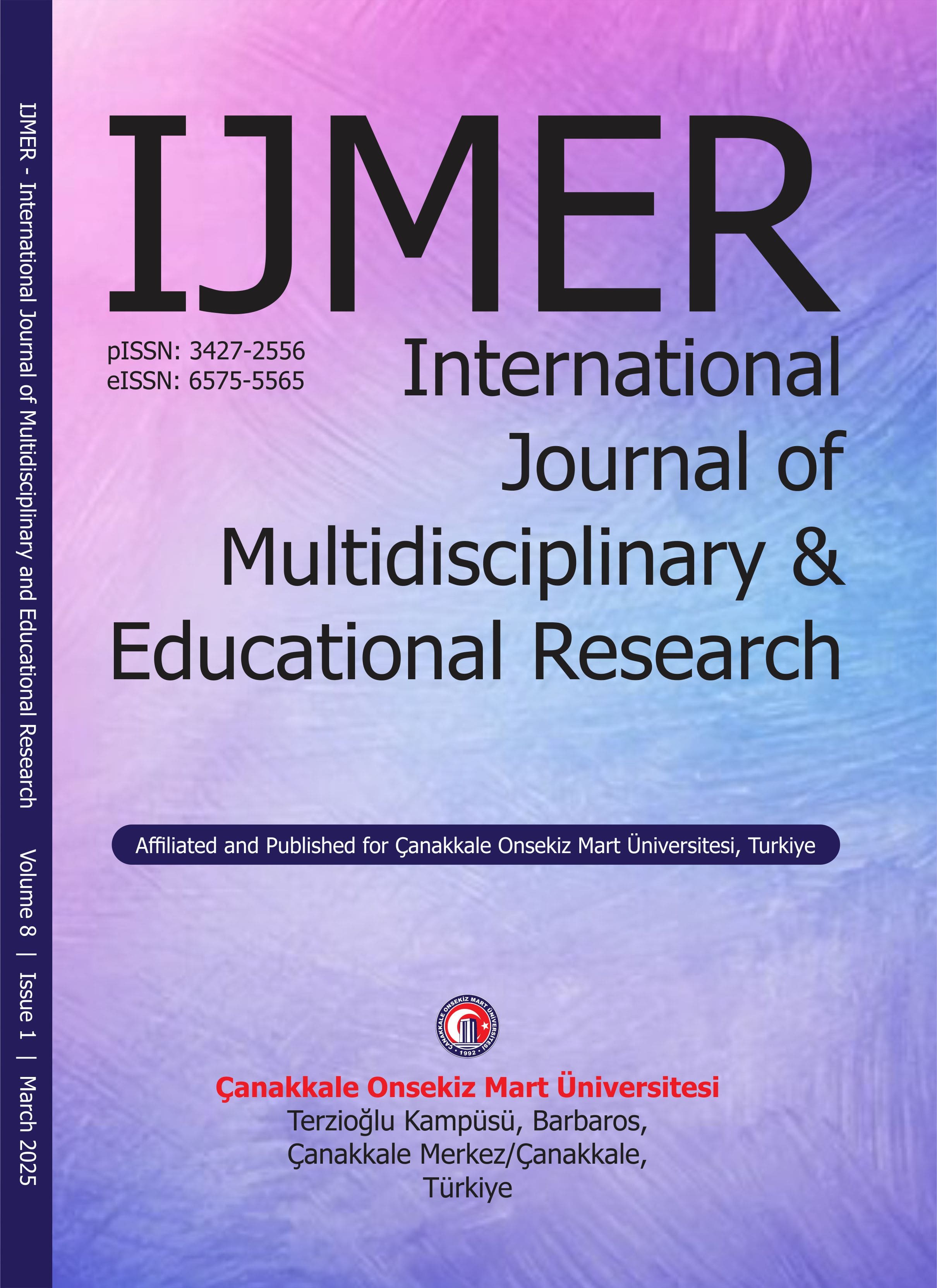International Journal of Multidisciplinary and Educational Research (IJMER)
Secondary Teachers’ Pedagogical Competence in Greece: Programs, Policy and Reflections
E-ISSN: 6575-5565
P-ISSN: 3427-2556
DOI: https://iigdpublishers.com/article/896
Despite the acknowledged contribution of teacher education to their effectiveness, deficiencies and weaknesses in teacher preparation curricula have been identified, and secondary school teacher training in pedagogy and instructional methods is still a work in progress - not just in Greece. The purpose of this article is to outline the practices and policies pertaining to the safeguarding of the pedagogical competence of secondary education teachers in Greece, as well as the obstacles to the generalization and consolidation of certain practices so far, along with thoughts on the prospect and the conditions for its assurance. To achieve the research goal: a) the relevant institutional framework from 1997 until today (2023) was studied; b) all curricula of the Teacher Preparation Schools were analyzed; and c) quantitative research was conducted to examine the views of professors at Departments whose graduates have the formal right to work as secondary school teachers.
Maria LIAKOPOULOU
Author (2011). The Professional Competence of Teachers: Which qualities, attitudes, skills and knowledge contribute to a teacher’s effectiveness? International Journal of Humanities and Social Science, 1(21), 66-78.
Berry, B. (2011). Teaching 2030. What we must do for our students and our public schools now and into the future. New York: Columbia University Teachers College Press.
Blackwell, P.J., Futrell, M.H. & Imig, D.G. (2003). Burnt water paradoxes of school of education. Phi Delta Kappan, 84(5), 356-361.
Caena, F. (2014). Initial teacher education in Europe: an overview of policy issues. European Commission.
Cochran-Smith, M., Villegas, A.M., Abrams, L.W., Chavez-Moreno, L.C., Mills, T. & Stern, R. (2016). Research on teacher preparation: charting the landscape of a sprawling field. In D. Gitomer & C.A. Bell (Eds.), Handbook of research on teaching (5th Ed.), (pp. 439-548). Americal. Educational Research Association.
